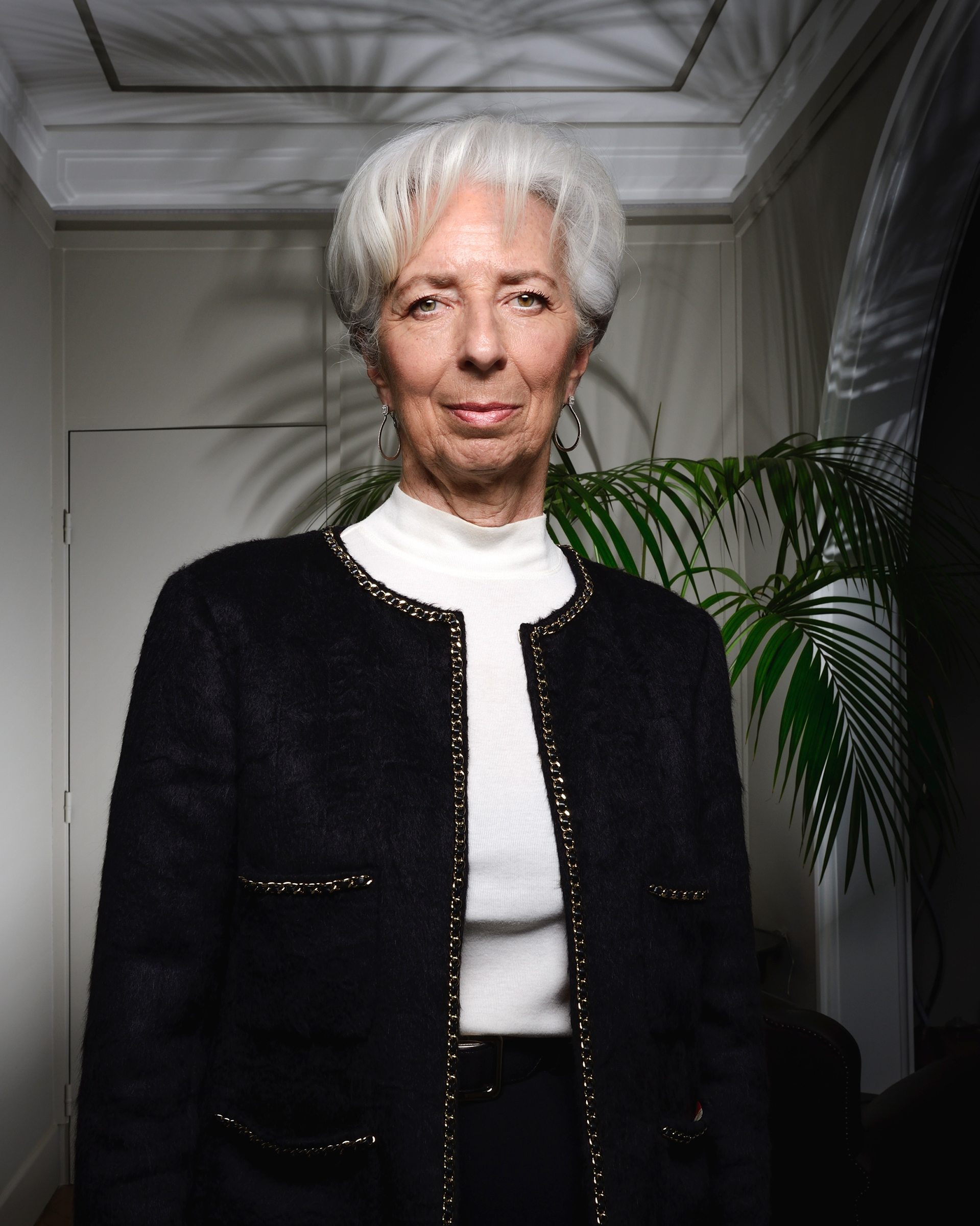As a lawyer turned Cabinet minister turned International Monetary Fund chief, Christine Lagarde has taken a path to becoming president of the European Central Bank—a role previously dominated by male academic economists—that was not typical. Her approach to overseeing monetary policy for the euro zone has been equally unconventional. In the role, she has worked to ensure policymaking is more inclusive at many levels, bringing historically divided policymakers together on key issues like the ECB’s strategy review and giving national central bankers more influence over policy. She has also overseen rising public trust levels in the 24-year-old institution, partly by bringing citizens into conversations many previously felt alienated from.
Now, with inflation at a record high in the euro zone, Lagarde faces one of her toughest challenges yet: stabilizing price rises amid a war in the Frankfurt-based central bank’s backyard. And unlike her peers in the U.S., U.K., or Japan, Lagarde must marshal consensus among policymakers from 19 countries to do so.
Javed is a TIME senior editor
- The 100 Most Influential People of 2024
- The Revolution of Yulia Navalnaya
- 6 Compliments That Land Every Time
- What's the Deal With the Bitcoin Halving?
- If You're Dating Right Now, You're Brave: Column
- The AI That Could Heal a Divided Internet
- Fallout Is a Brilliant Model for the Future of Video Game Adaptations
- Want Weekly Recs on What to Watch, Read, and More? Sign Up for Worth Your Time
